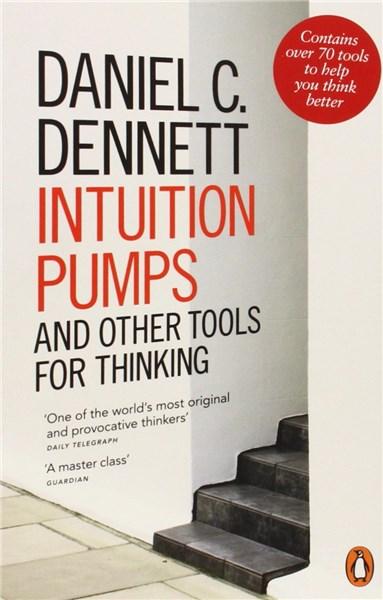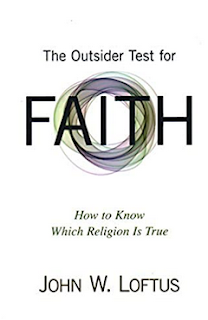Rapoport’s Rules for Debate
 According
to the English Wikipedia, Daniel Dennett
(March 28, 1942 – April 19, 2024) “was an American philosopher and
cognitive scientist. His research centered on the philosophy of
mind, the philosophy of
science, and the philosophy of
biology, particularly as those fields relate to evolutionary
biology and cognitive
science.” Dennett was and remains well-known in
atheist/freethinking/skeptical circles as one of the so-called “Four
Horsemen” of New
Atheism, alongside Richard
Dawkins, Christopher
Hitchens, and Sam
Harris.
According
to the English Wikipedia, Daniel Dennett
(March 28, 1942 – April 19, 2024) “was an American philosopher and
cognitive scientist. His research centered on the philosophy of
mind, the philosophy of
science, and the philosophy of
biology, particularly as those fields relate to evolutionary
biology and cognitive
science.” Dennett was and remains well-known in
atheist/freethinking/skeptical circles as one of the so-called “Four
Horsemen” of New
Atheism, alongside Richard
Dawkins, Christopher
Hitchens, and Sam
Harris.
In this post I draw from Chapter 3 of Dennett’s book Intuition Pumps and Other Tools for Thinking (2013). The particular intuition pump, or tool in that chapter is what Dennett called “Rapoport’s Rules for Debate”. The Rules are Dennett’s suggestion for how to disagree with someone productively. In this article I’ll explore the practicality of the rules, and how one might apply them to John W. Loftus’ Outsider Test for Faith.
Dennett’s version of Rapoport’s Rules attracted considerable commentary, as this DDG Web search shows. Quoting from Dennett’s original version:






